Comprehensive Evaluation of MRI Machine Purchase for Healthcare
VerifiedAdded on 2023/06/04
|6
|526
|381
Report
AI Summary
This report provides a comprehensive evaluation of purchasing an MRI machine, considering various factors such as current MRI trends, performance capabilities, risks of breakdown, expected increase in health outcomes, operational efficiency, clinical outcomes, patient volume, staff management and retention, and financial performance. It also discusses the time value of money, cost considerations including the expected lifetime of the machine, availability of upgrades, asset retention, organizational suitability, installation cost, training cost, and energy consumption. Furthermore, the report highlights advancements in neuro imaging, cardiac imaging, vascular imaging, body imaging, breast imaging, pediatric imaging, and MSK imaging. It emphasizes the importance of asking relevant questions and considering different options in the market to determine the best-suited machine for the organization, focusing on clinical excellence, patient satisfaction, operational efficiency, strategic growth, and capital planning. The report also includes a list of MRI manufacturers and references.
1 out of 6
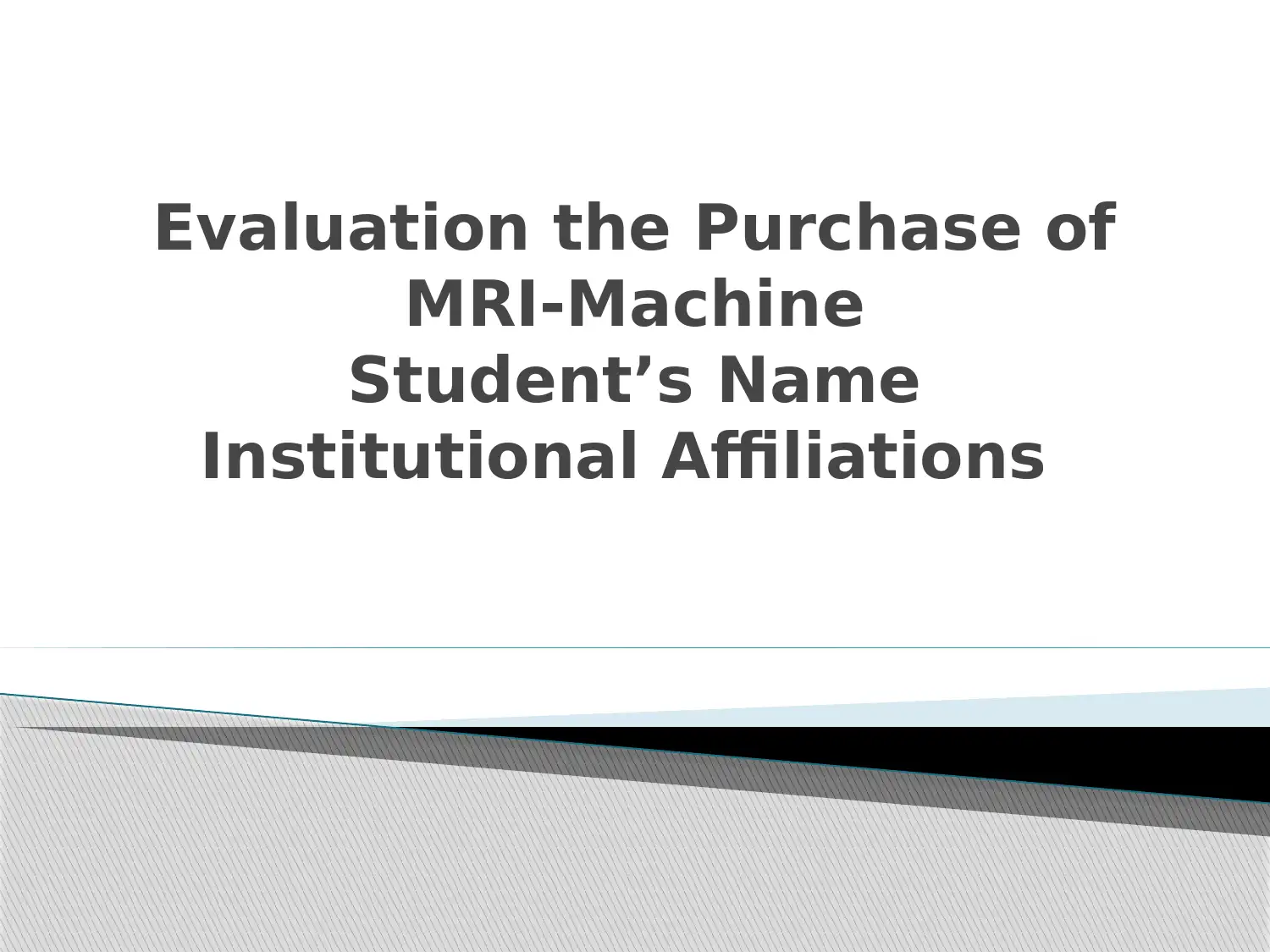
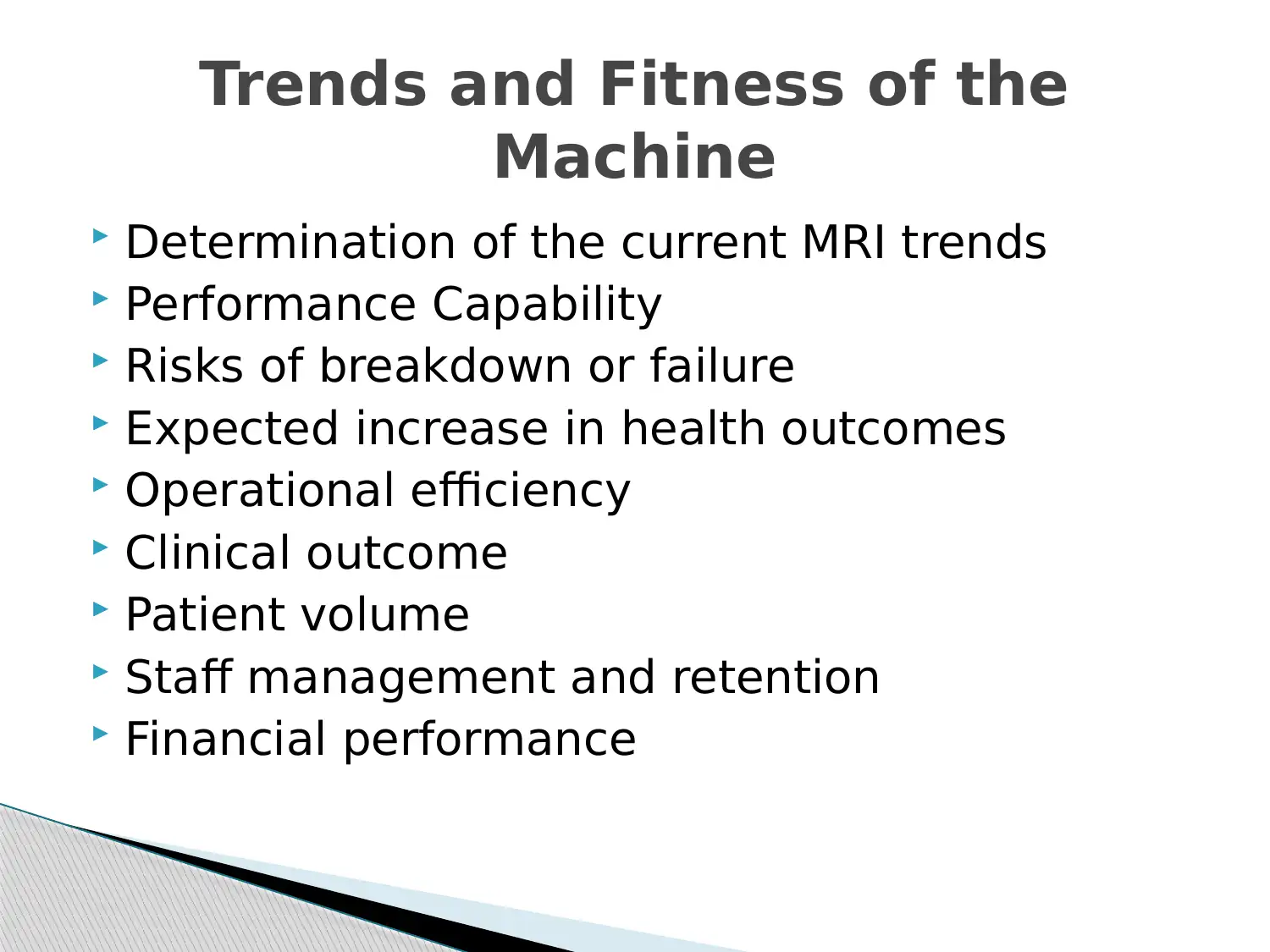
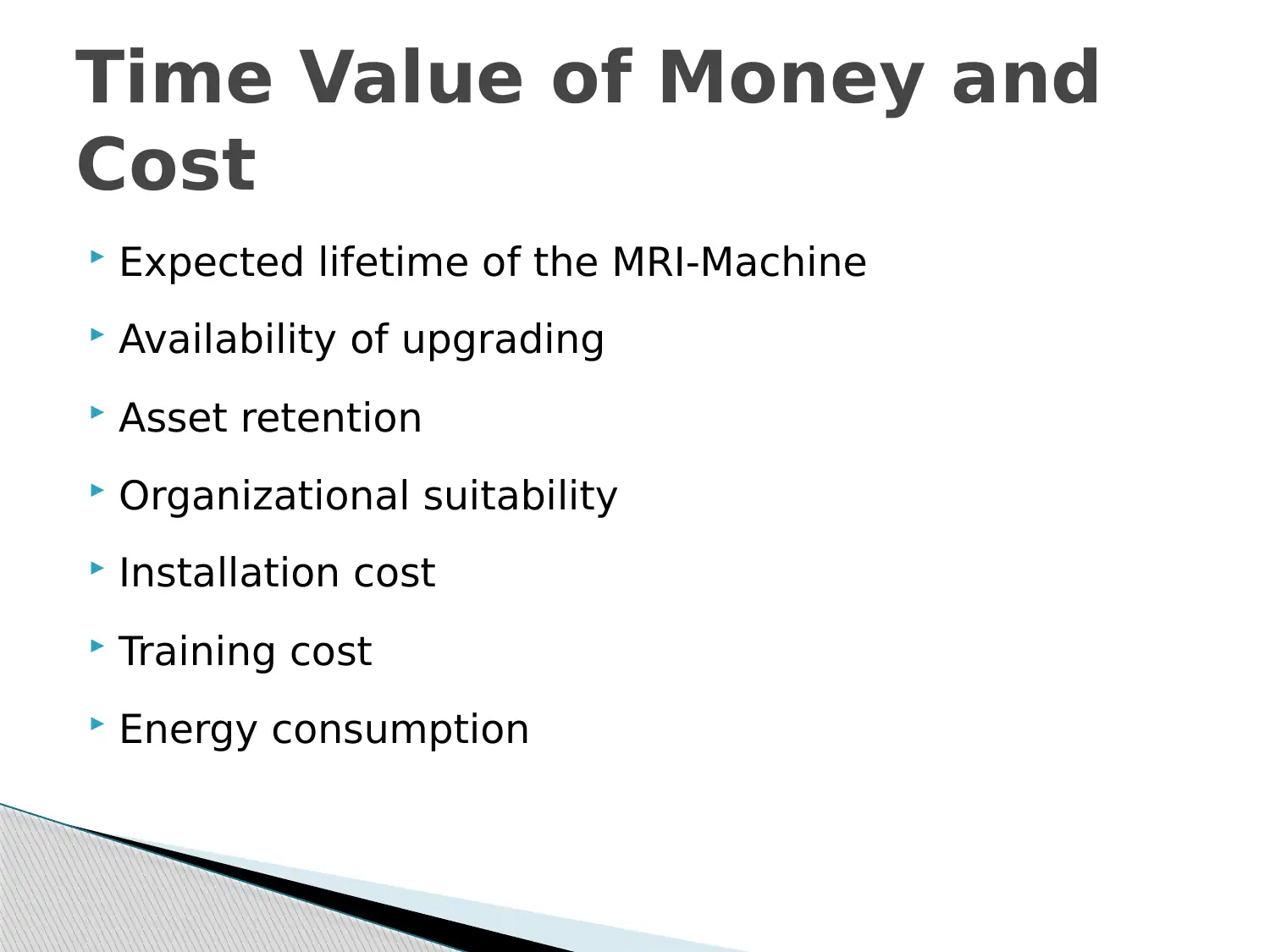

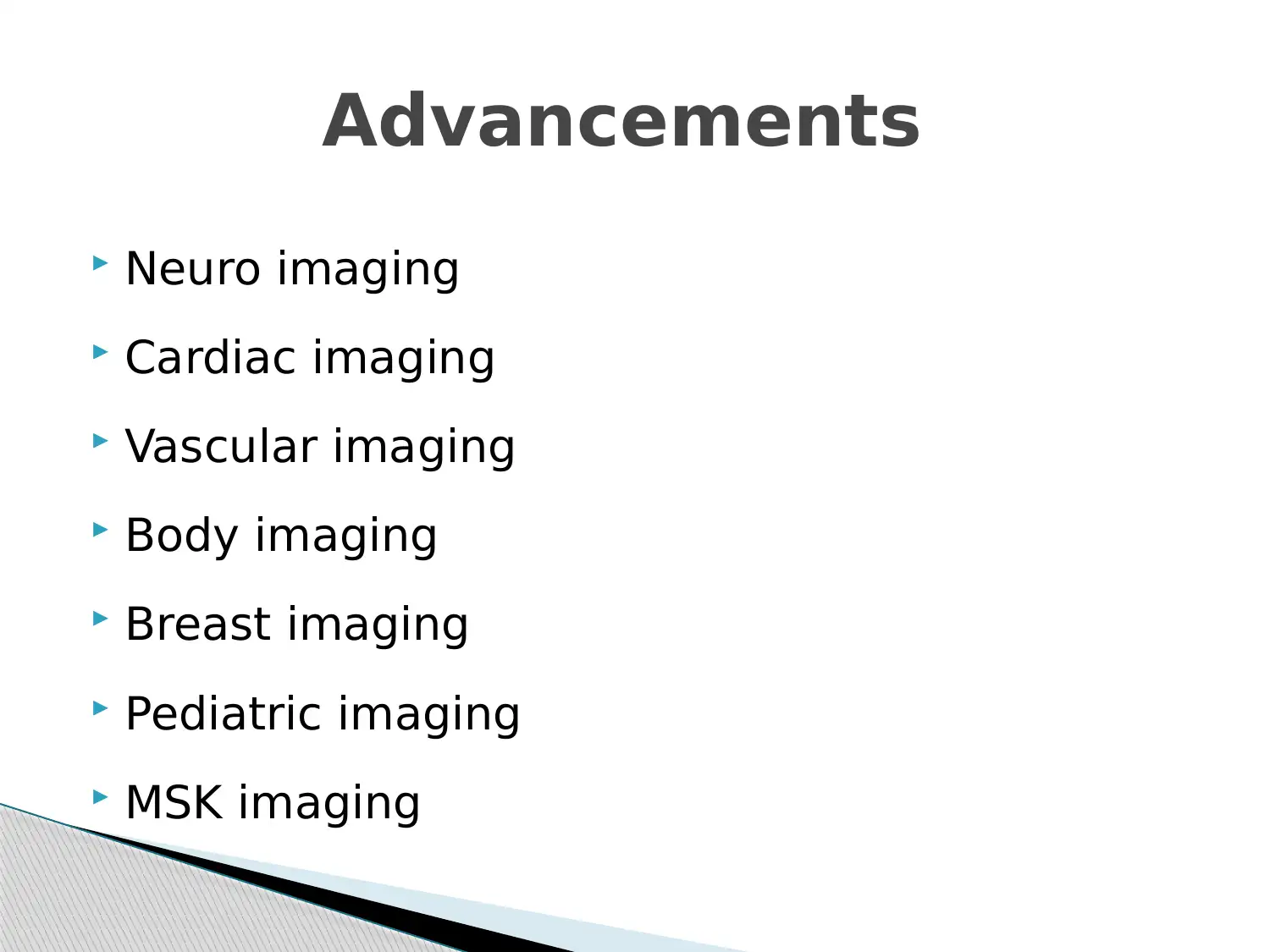

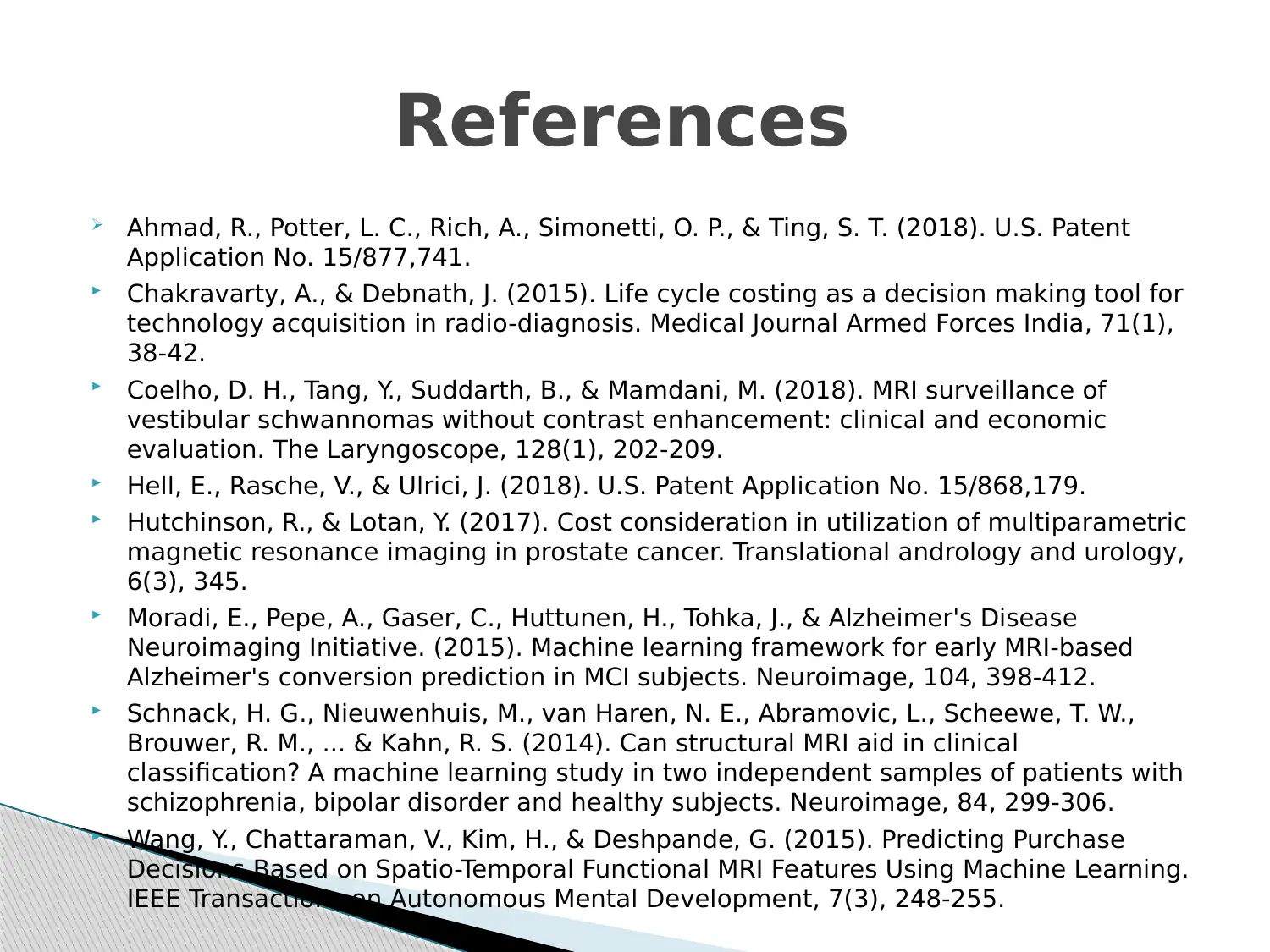






![[object Object]](/_next/static/media/star-bottom.7253800d.svg)